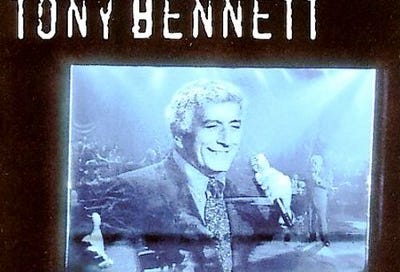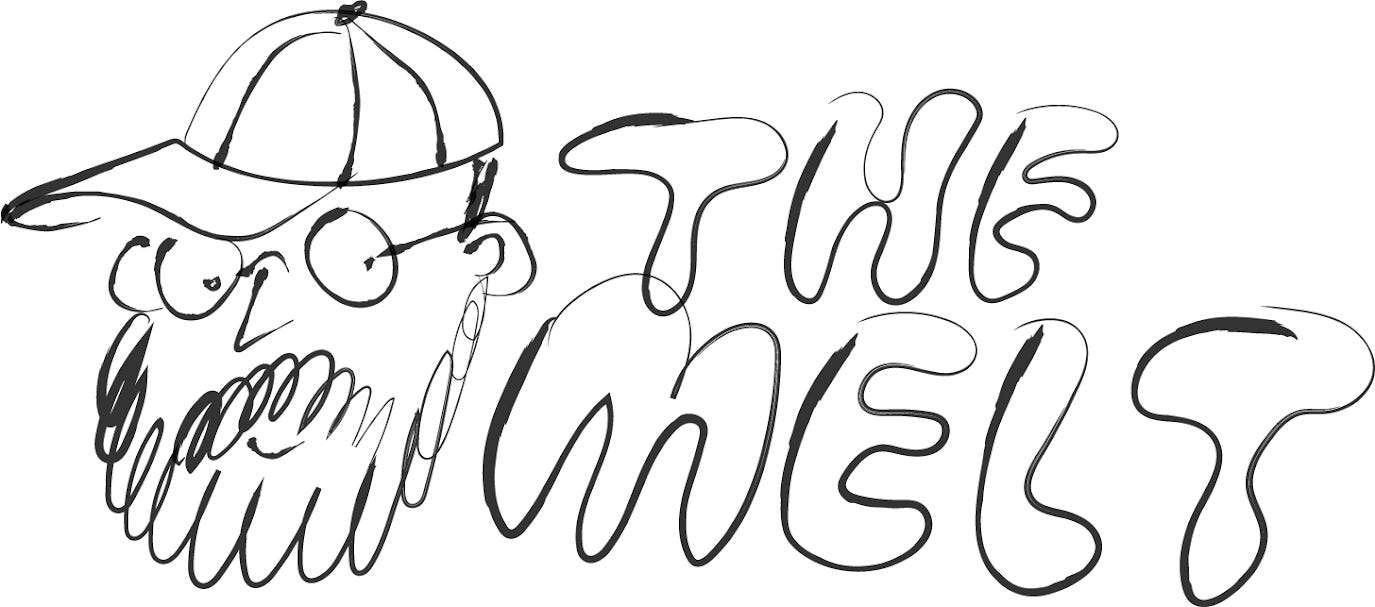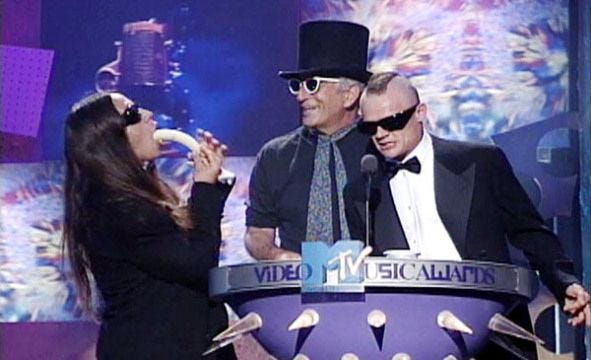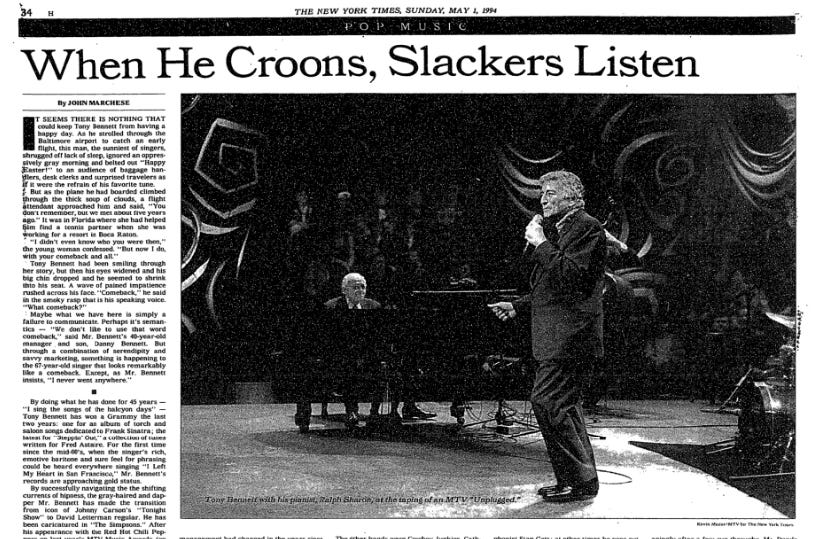You possibly saw the sad New York Times news alert in your inbox that Tony Bennett passed away at 96. If not, sorry to be the one to break the bad news.
I love Bennett’s music. It’s sort of hard not to. His voice is—to steal a phrase from Linda Richman—like butter, then you melt the butter, toss some garlic in there, and boom. Beautiful.
Bennett outlived so many of his peers, other first-generation and immigrant singers who grew up on some street in Queens or Hoboken, Harlem or Newark, and he kept going nearly up until the very end. In 2021, his name was added to the Guinness Book of World Records for being the oldest person, at 95, to release an album of new material. Just a few years earlier, in 2014, he could have had what would have been the most perfect swan song when his album with Lady Gaga, Cheek to Cheek, was a massive success both critically and hitting number one on the charts. But that was the thing about Bennett: he was always a blue-collar kid, the sort that always needed to be working, right up until the end. Yet, with Bennett, he truly seemed like he was enjoying every moment. And he had a very particular knack for getting the spotlight put back on him decade after decade just by being himself, but figuring out how to make that appeal to the new, younger audience. I’m one of those people that got into Bennett at a young age. Age 12. It sounds sort of crazy without context, me saying it like there are always some kids out there getting groovy and swinging to the old standards, but then you think about what he did with Gaga a few years ago, or you go and look at the 1993 MTV Music Awards and see him on stage with the Red Hot Chili Peppers, Anthony Kiedis peeling, then deep-throating a banana, and a pattern starts to emerge.
Bennett was the living embodiment of the idea that the classics never go out of style, and I think he understood that like nobody else. He didn’t need to put out a prog album in the ‘70s or a new age record in the ‘80s. He had his ups and he had plenty of downs, including nearly dying from a cocaine overdose in 1979. He hit bottom, then he climbed his way back up and started working again. And then, by the start of the 1990s, something inexplicable happened: 60-something Tony Bennett became hip with the kids. He was invited onto that MTV awards stage, Letterman seemed to really love having him on, and he showed up in Springfield on The Simpsons a few times.
But if there’s any one thing I find myself going back to, it’s Bennett in 1994, just a few days after Kurt Cobain was found dead in his Seattle home. He’s on stage singing old standards on the same Sony Music Studios that Cobain and Nirvana were on less than six months earlier. He’s making his Unplugged album which would go on sale later in the summer. Almost 30 years later, that might not sound like much. MTV isn’t exactly the cultural force it once was. But in 1994, it was basically everything to kids like me who desperately wanted a window into the world of cool and interesting, and I don’t think I’m the only person who was young at the time and decided obviously Tony Bennett is cool since he’s getting an Unplugged. When the CD came out, his set on the Sony Music stage became my teenage “chillout” music. I’d put it on after a rough day at school, and it felt like I was being transported from my little bedroom and away from all the misery that comes with being a teenager.
I’d eventually get acquainted with his older stuff thanks to the dollar bins at thrift stores almost always having one or two of his old LPs available. And just like I found Eric Dolphy through John Coltrane or learned about Sonny Rollins after reading his name in a book about Miles Davis, Bennett’s Unplugged was the first time I truly appreciated Great American Songbook standards on my own, without my parents or grandparents playing other interpretations of songs by George Gershwin or Irving Berlin, but it was also the first time I found myself appreciating the craft of songwriting. Up until then, I had just discovered and was totally fine with whatever gibberish Stephen Malkmus or Bob Pollard were singing. Obviously, I still love that stuff, but most rock music from the first-half of the 1990s, whether it was indie stuff or Pearl Jam songs that played every 20 minutes on the dot, doesn’t always make much sense. The lyrics can be incredibly vague, sometimes downright nonsensical. And sure, I love that, but I also want things that I don’t have to really think too deeply about, that I can just enjoy because it’s fun and beautiful. Bennett singing Berlin’s “Steppin' Out with My Baby” on Unplugged is a prime example of this. What else do you need to know? He wants to put on his tux and top hat and step out with his baby. That’s it.
After I learned of his death, I started thinking of Bennett in that era. It was his fourth decade in the business, but I was introduced to him along with the 20-something pop stars of the day. The New York Times caught up with him around that time. There’s a part where Bennett bumps into a woman he’d met a few years earlier, who tells him that she didn’t know who he was at the time, "But now I do, with your comeback and all." I love Bennett’s answer, because to me, and I have to assume a few other people who learned about Bennett deep into his career via MTV, he was an older guy, but what he was doing felt cool and fresh. Not fresh in the new sense, but fresh like a perfect bar of soap coming out of the box. The way the Times writer describes it, Bennett seemed genuinely pained by the woman’s choice of words, and I think he had a right to. "‘Comeback,’ he said in the smoky rasp that is his speaking voice. ‘What comeback?’”
Tony Bennett was always there. He’s gone now, but his voice isn’t going anywhere.








Feel exactly the same. Thanks for putting it into words.